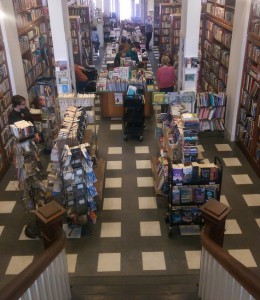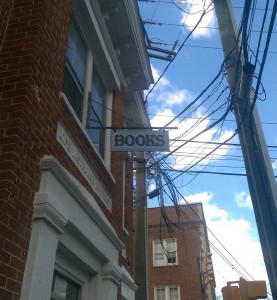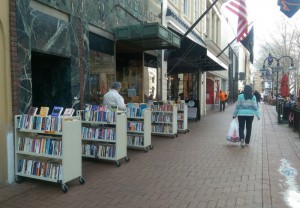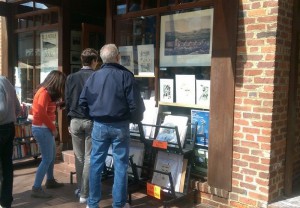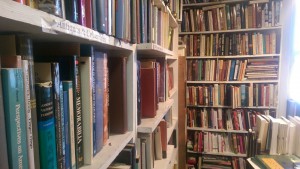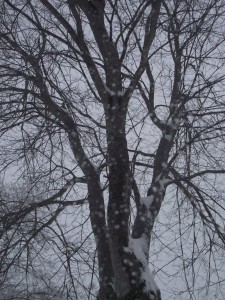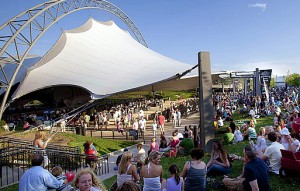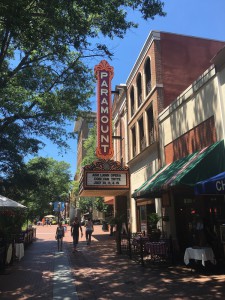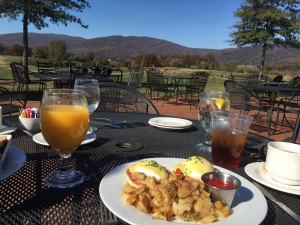This month visitors and residents of Virginia will have the opportunity to visit over 250 gardens, homes, and landmarks during Historic Garden Week. This event, organized and operated by the Garden Club of Virginia, has been in existence since 1933! This year’s Historic Garden Week, which runs from April 22-27, 2017, consists of 30 distinct tours, including several in and around Charlottesville.
Located just down the road from James Monroe’s Highland and Thomas Jefferson’s Monticello, Morven (Scottish for “Great Mountain”) is an extensive estate of nearly 3,000 acres with a long history. Thomas Jefferson purchased 1,334 acres in 1795 and leased plots of land to local farmers. In 1813, he transferred ownership of the property to David Higginbotham, who gave it the name Morven and oversaw construction of the main house. The estate was owned by three more families before Charles and Mary Stone purchased it in 1926. By 1933, Mary Stone had revived the formal gardens and opened them to visitors for the first ever Virginia Garden Week. Morven has remained part of the Virginia Garden Week every year since. In 1988, businessman and philanthropist John W. Kluge purchased the Morven estate. During his ownership, Kluge ordered construction of a Japanese garden, which remains part of the garden tour. In 2001, Kluge donated over 7,000 acres of the estate to the University of Virginia Foundation, which now maintains it and uses it for educational purposes.
The Albemarle County House and Garden Tour will consist of five properties: Southfield—20 acres of trees, shrubs, and perennials; Choill Mhor—meaning “Great Woods” in Gaelic, a manor house built in 2005 that sits on 50 acres with many native and non-native plants; Midway—an early 19th-century farmhouse with several hundred acres and a formal garden; The Laing House—a custom home built in 2007 with mountain and river views, surrounded by informal gardens; and Fox Ridge—a 280-acre equestrian farm that includes a 19th-century log cabin and boxwood gardens.
At the University of Virginia, the Pavilion Gardens, Pavilion homes, and the president’s house, Carr’s Hill, will be part of the tour. On the only American university campus (or “grounds”) designated a World Heritage site, you can enjoy the historic serpentine walls and restored gardens. Carr’s Hill, built circa 1890, is on the National Register of Historic Places. Also on the tour is the Morea Garden on Sprigg Lane, which features a botanical collection.
According to the Virginia Garden Week website, “Tour proceeds fund the restoration and preservation of more than 40 of Virginia’s historic public gardens and landscapes, a research fellowship program and a centennial project with Virginia State Parks.” These restoration projects include sites at the University of Virginia, Thomas Jefferson’s Monticello in Charlottesville, Thomas Jefferson’s Poplar Forest in Lynchburg, James Madison’s Montpelier in Orange County, and Point of Honor—an antebellum plantation-turned-museum—in Lynchburg.


